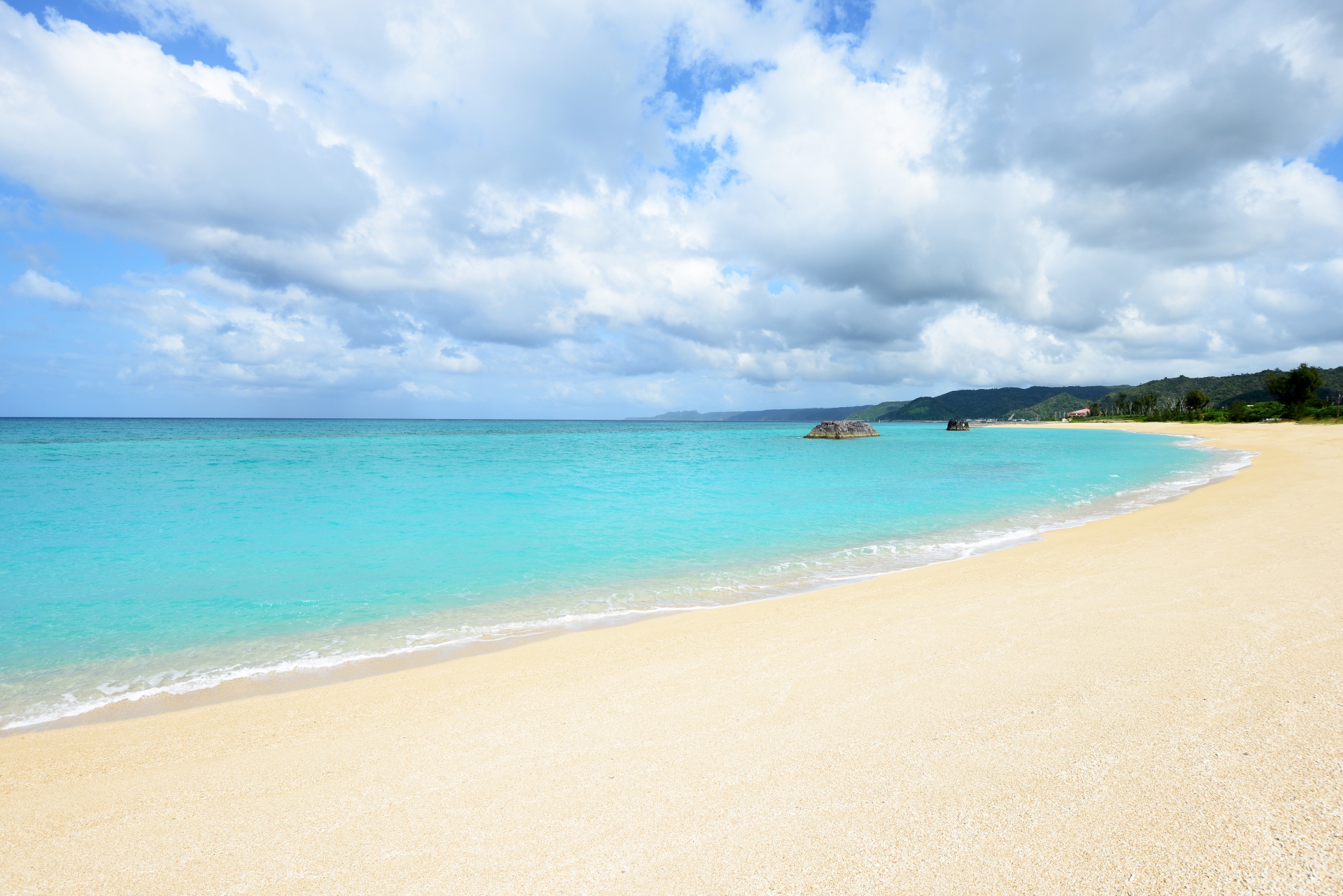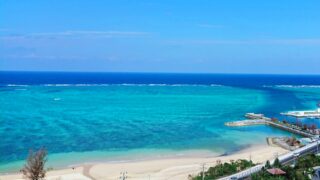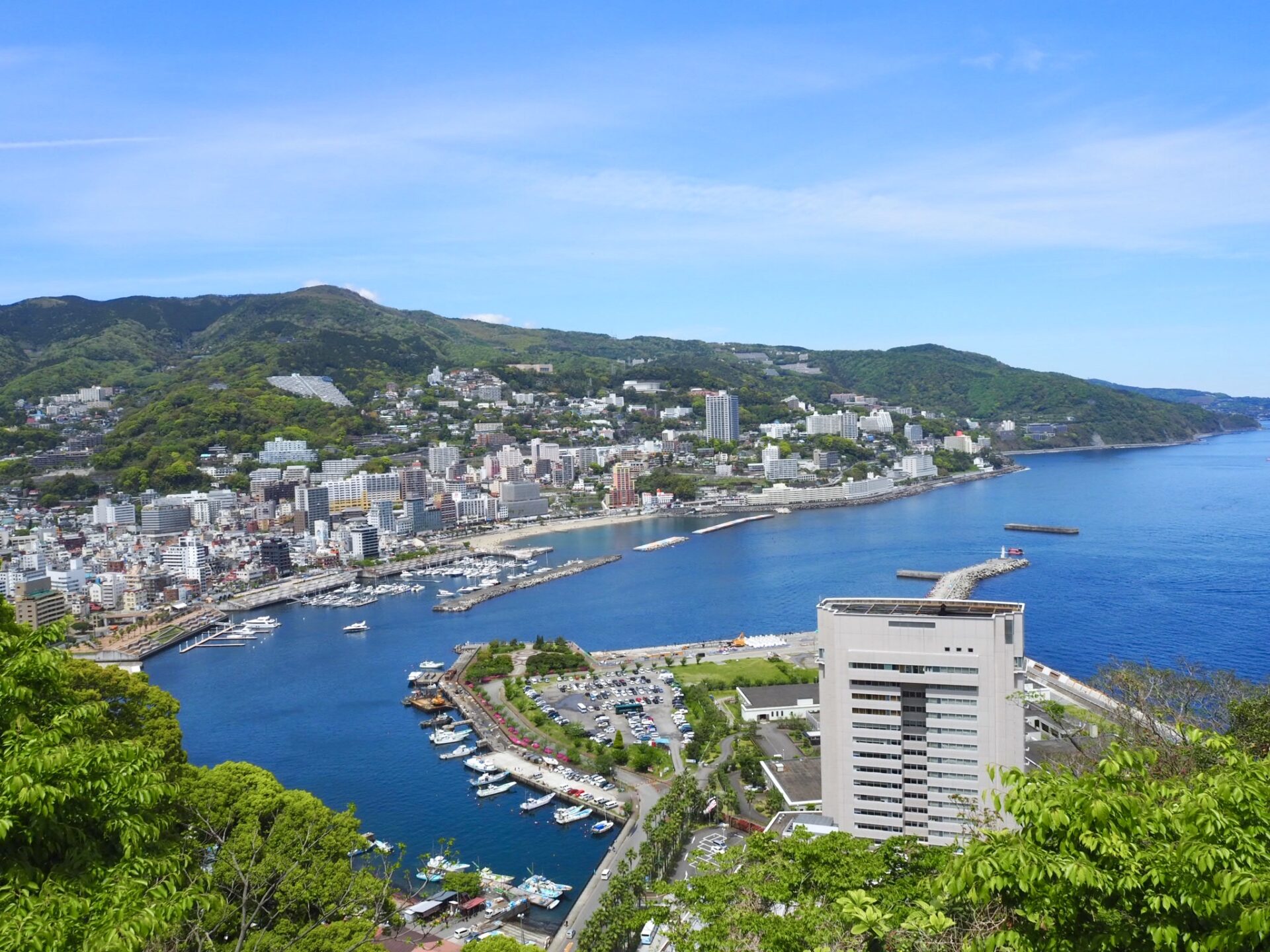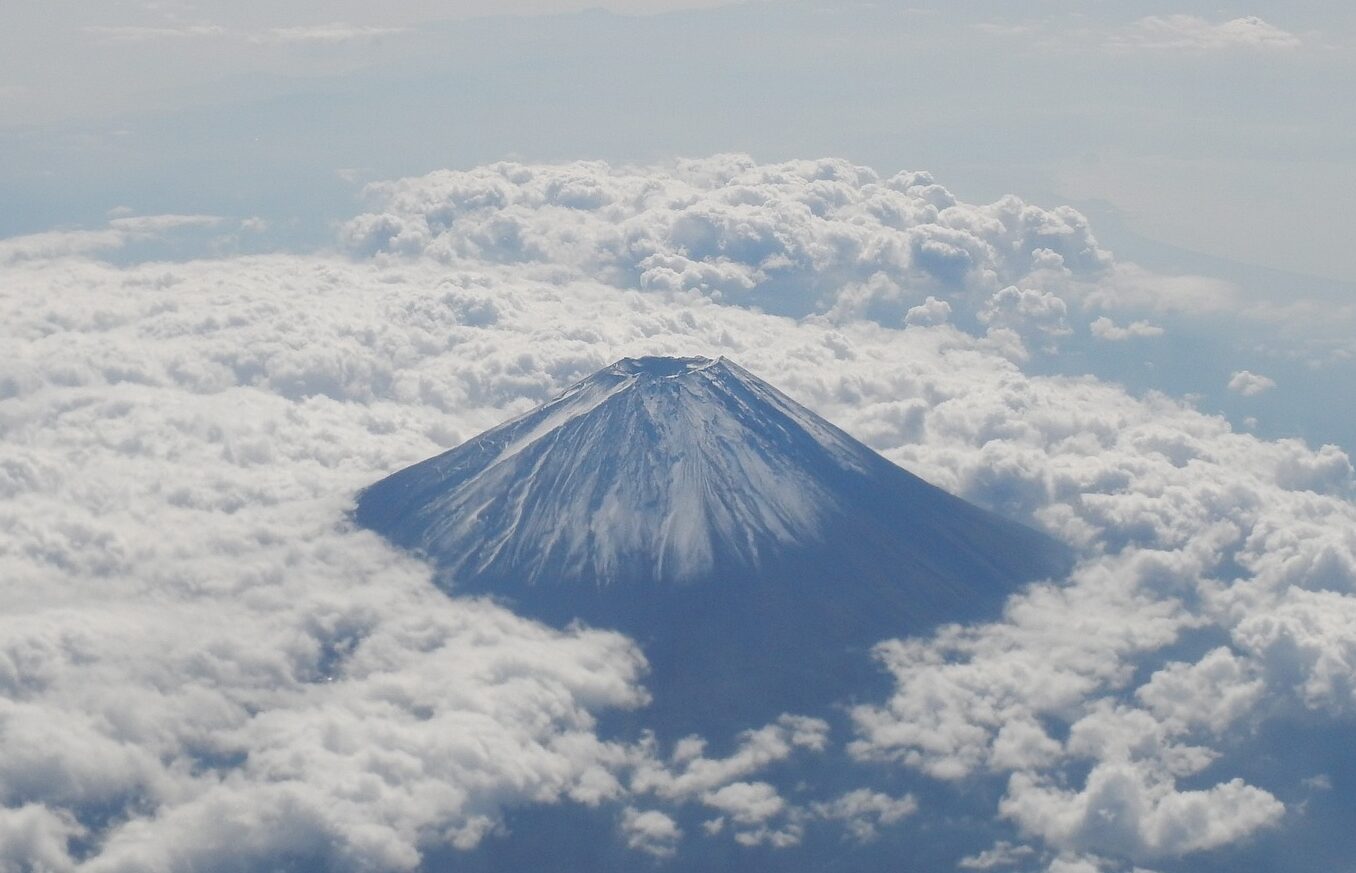Okinawa is an island group in the south of Japan that is very popular as a beach resort destination. This is no wonder, as there are many dreamy white sandy beaches with crystal-clear blue oceans that are teeming with tropical fish in Okinawa. But this is not all that there is to discover in the archipelago: Okinawa has a long and rather international history that has greatly influenced the islands’ culture, cuisine, and language. Let’s learn a bit more about Okinawa’s history, the Okinawan language, and Japanese dialects in general.
Japanese Dialects
In Japan’s early days between the Heian Period and the Edo Period, Japan didn’t exist yet as a country and clans ruled the country next to the Imperial Family. Then, at the beginning of the Edo Period, Tokugawa Ieyasu finally united the country under his rule. Before the Meiji Period started, people from different regions that were ruled by different clans actually spoke different languages. In the Meiji Period, Japan was quickly modernized and the government made an effort to choose and enforce one standard language for the whole country to make life and business easier in a now unified Japan.
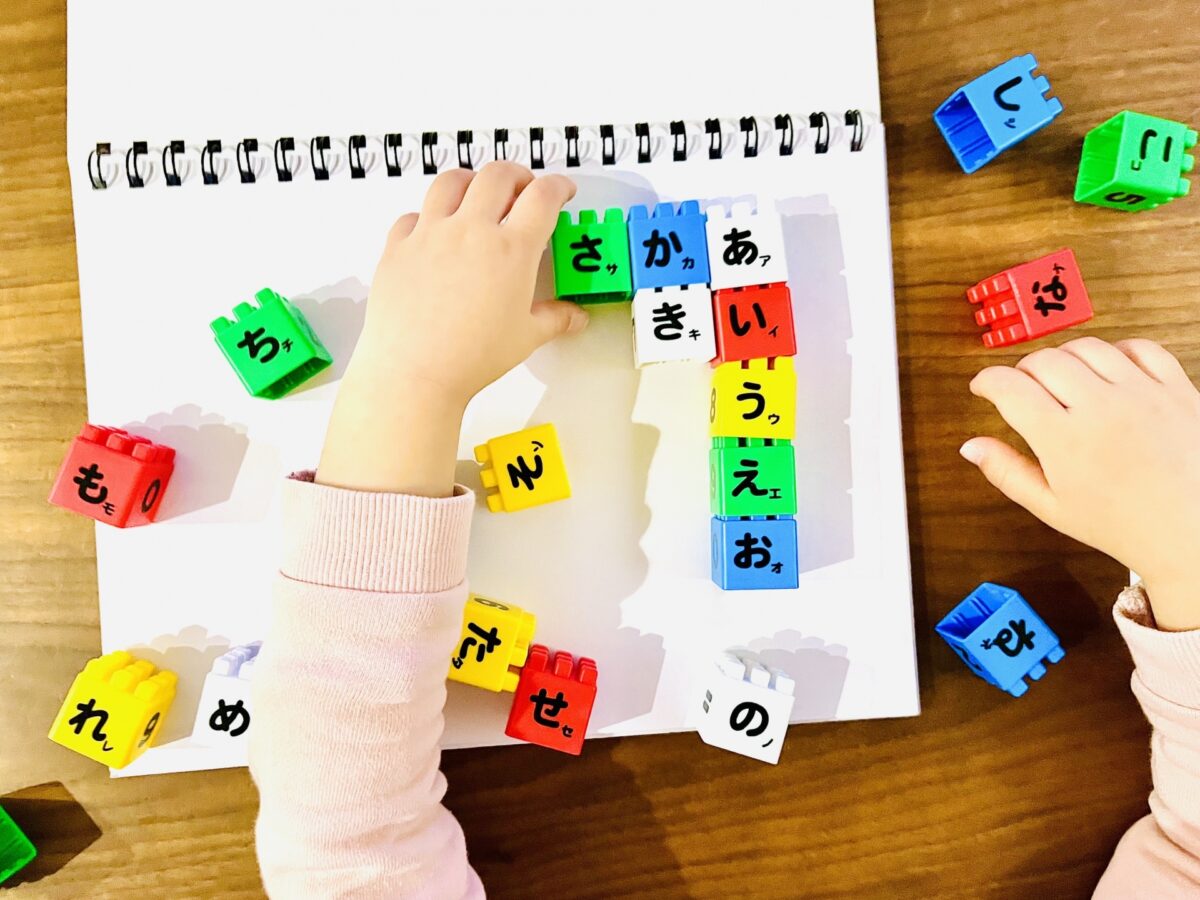
While now there is one form of standard Japanese (‘Tokyo Japanese’) that is spoken in Tokyo, on the national news, in schools, in business, and between people from different areas, there are many different Japanese dialects that are still spoken by people from regions outside of Tokyo. These dialects, or hogen (方言) in Japanese, are a source of regional pride. If you are a language learner, you will gain much appreciation if you make the effort to learn some of the local language as well when you live outside of Tokyo. On the other hand, dialects are also regularly used in comedic sketches. Especially the dialect known as Osaka-ben, which is part of the Kansai dialect, is often used by comedians on national TV. This is because many famous comedians and other entertainers happen to come from Osaka, and thus Osaka-ben became associated with being funny. Roughly speaking, there are 16 different dialects in Japan that are divided per region, and the Okinawa dialect is part of the Ryukyu group of dialects.
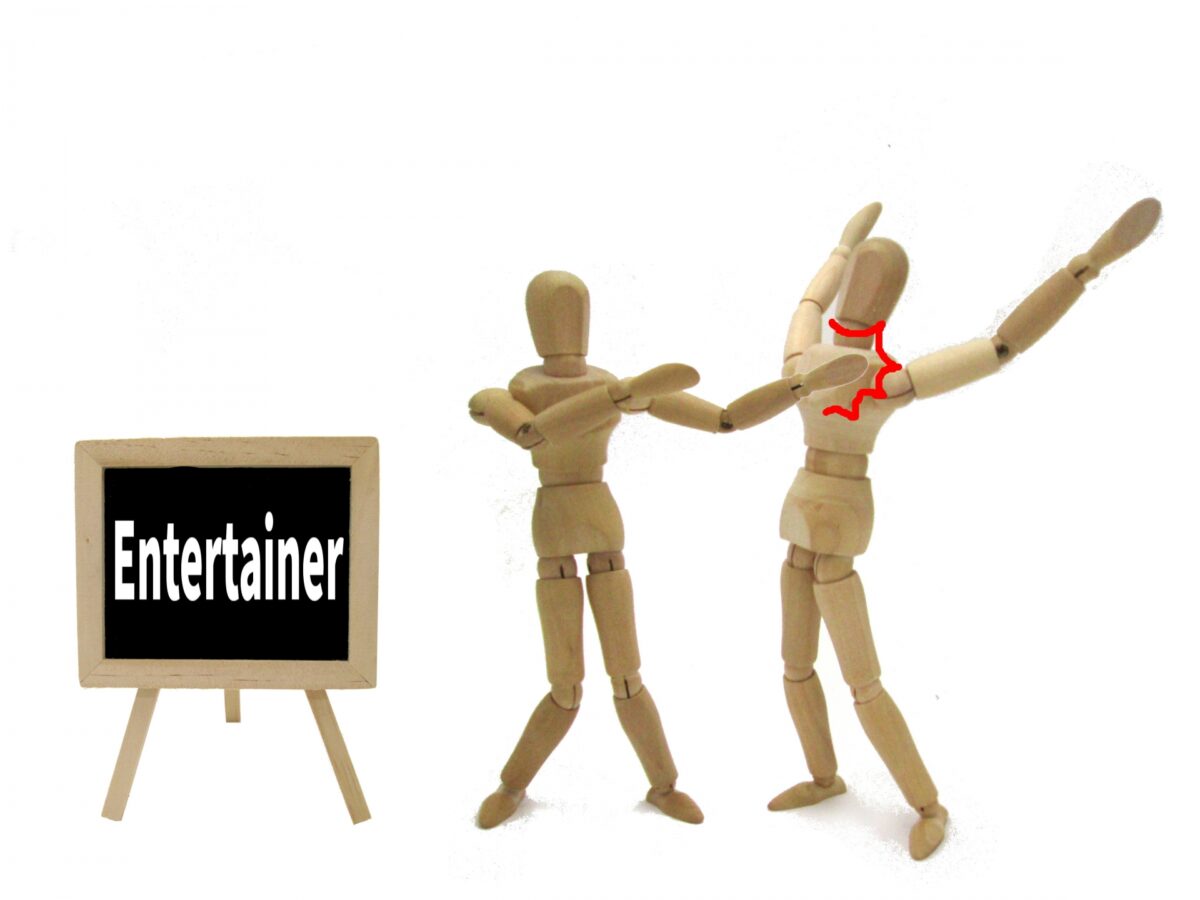
The History of Okinawan Japanese
The original Okinawan language split off from old Japanese at least 1000 years ago and developed separately with the Naha-Shuri version from the area around the palace of the King becoming standard Okinawan. At first, classical Chinese characters were used for writing and the Japanese Hiragana script was introduced later. Before Okinawa officially became a part of Japan in the Meiji Period, it was known as the Ryukyu Kingdom. This kingdom was an independent kingdom although it was already unofficially controlled by Japan from the early 17th century. From the Meiji Period on, the people in Okinawa were encouraged to speak Japanese, but before that time the majority of the people (only) spoke original Okinawan language.
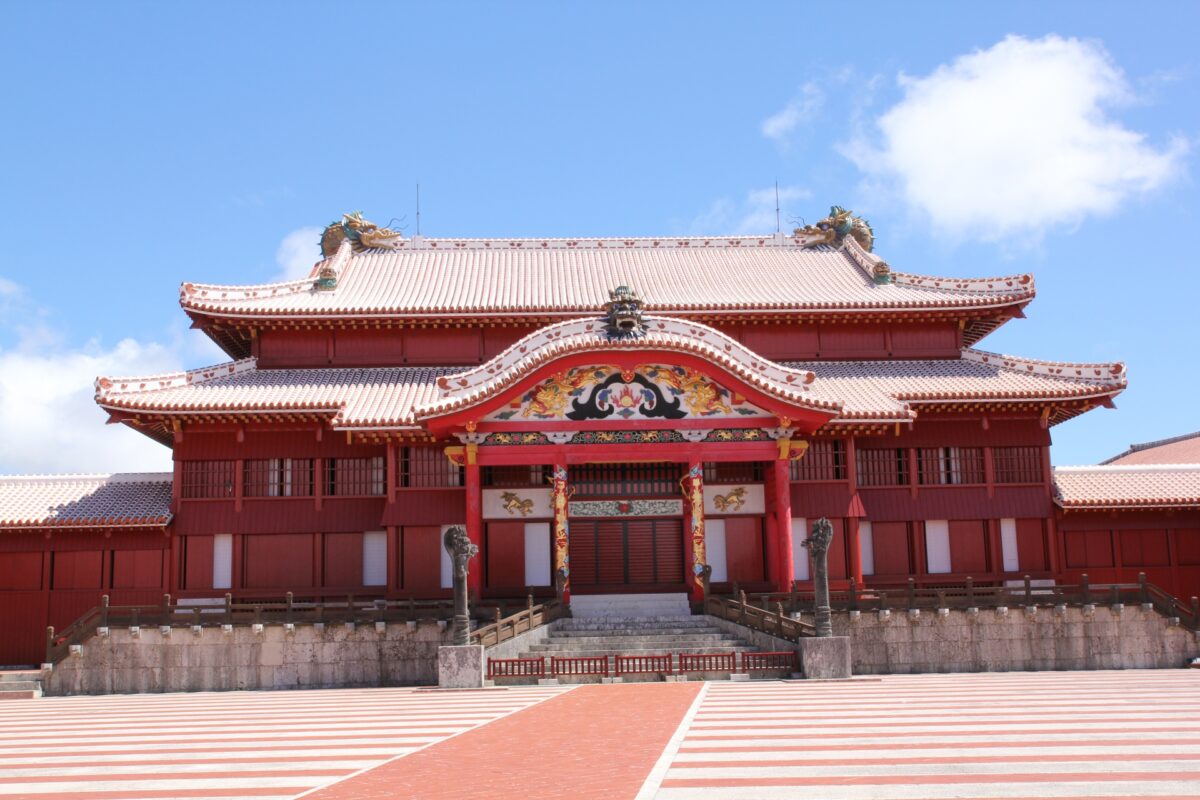
Okinawan Language Nowadays
Unfortunately, during WW2 the people in Okinawa were forced to abandon their original language and therefore pure Okinawan language started to disappear. Nowadays, there are only a few older people left who can still speak the original language, and funny enough there is also a community of Okinawan descendants in Brazil who can still speak the language. But according to UNESCO, the original Okinawan language is close to becoming extinct.
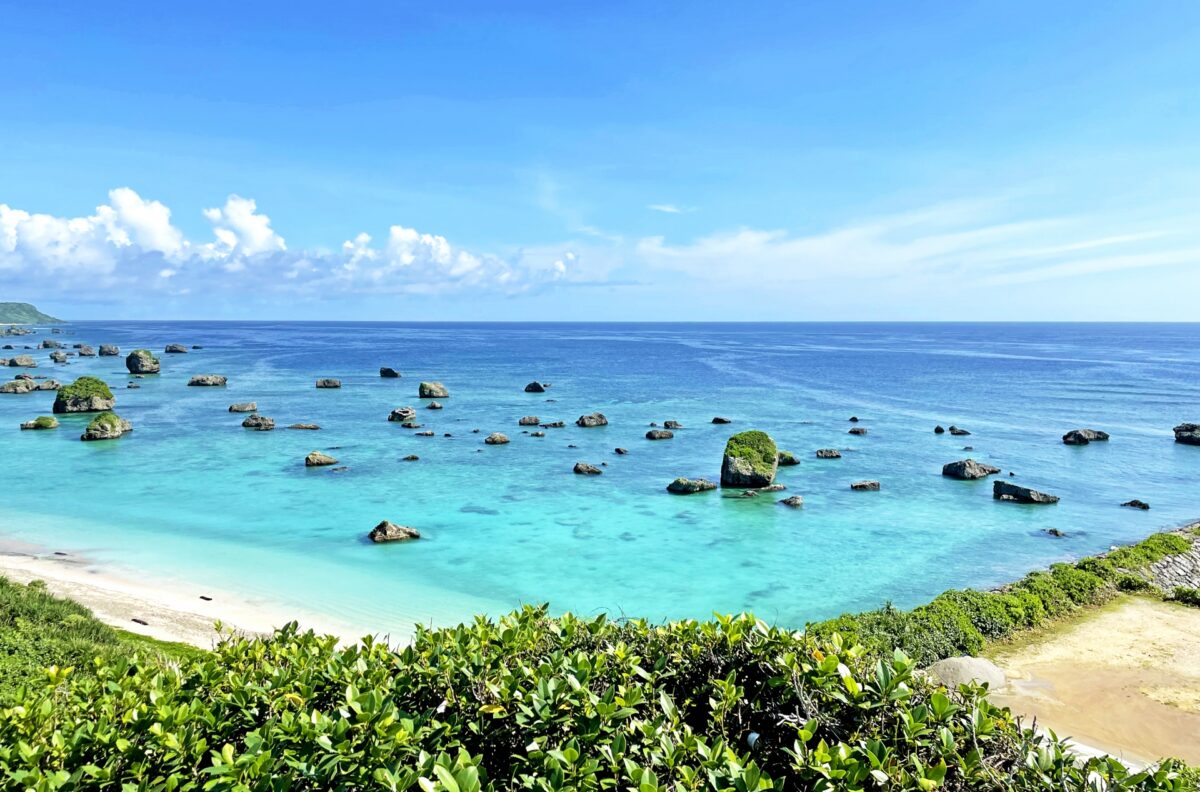
So how about the Okinawan dialect? The younger generation of Okinawans speak Okinawan Japanese, which is a mixture of mainly Japanese with influences of original Okinawan and some English loanwords. This Okinawan Japanese is what we now see as Okinawan dialect, is called Uchinaa Yamatu-guchi with ‘Uchinaa’ being the original name of Okinawa, ‘Yamatu’ meaning ‘Yamato’ which is the historical name of Japan, and ‘guchi’ meaning ‘language’.
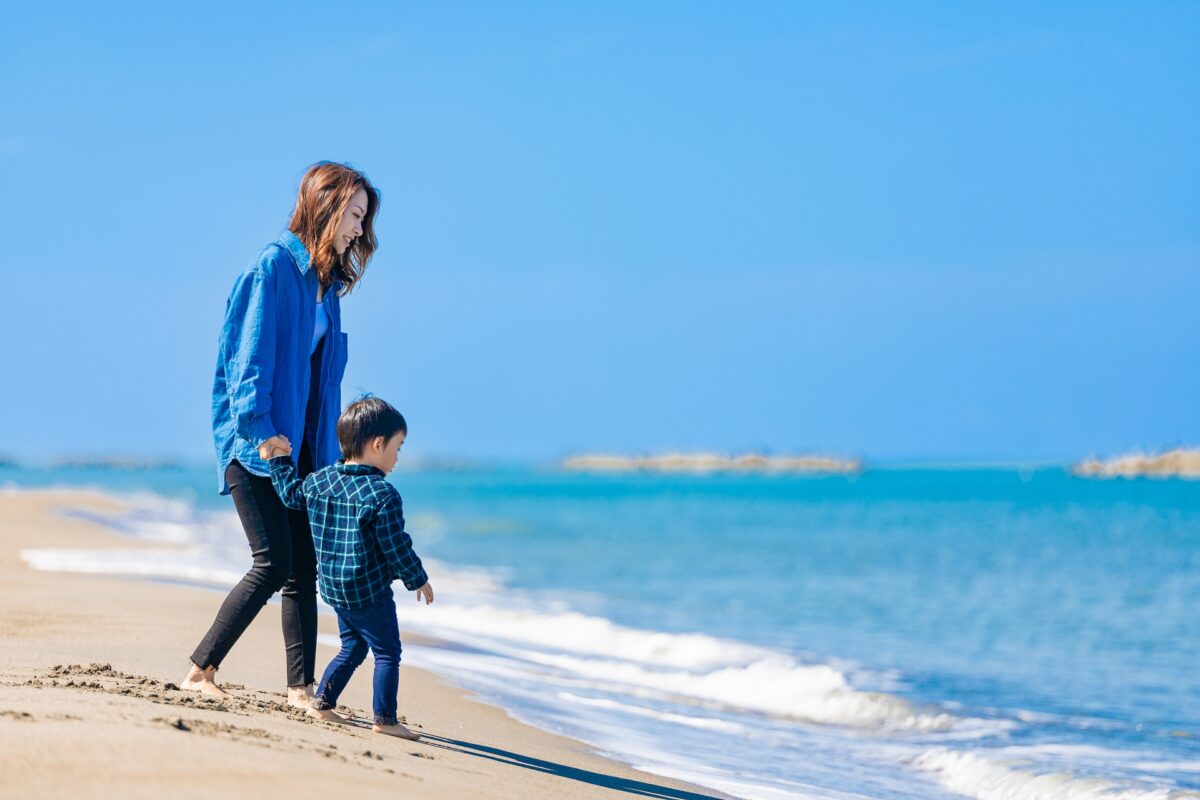
The most notable difference between standard Japanese and Okinawan Japanese are words or expressions that, although they are pronounced the same, sometimes have different meanings. For example, the word ‘hazu’ means that something is ‘highly likely to happen’ in standard Japanese while it means that it will ‘probably happen’ in Okinawan Japanese.
Handy and Interesting Okinawan Words
Are you going to Okinawa and would you like to impress the locals with some Okinawan language knowledge? Throw a few expressions from this list in your conversation, and you will definitely get some admiration!
- Hello: Haisai / Haitai. はいさい / はいたい
- Good Day: Chuu Wuganabira. ちゅーをぅがなびら
- Goodbye: Guburii Sabira. ぐぶりーさびら
- Sorry: Wassaibiin. わっさいびーん
- Thank you: Nifee deebiru. 御拝(にふぇー)でーびる
- Yes: Uu. うう
- No: Wouwou. をぅーをぅー
- Said before you start eating: Kwatchiisabira. くゎっちーさびら
- Cheers! (when drinking): Karii! 嘉例(かりー)
Another word that is useful to know that you will likely see and hear in shops and restaurants is めんそーれー (mensooree), which means ‘welcome’.
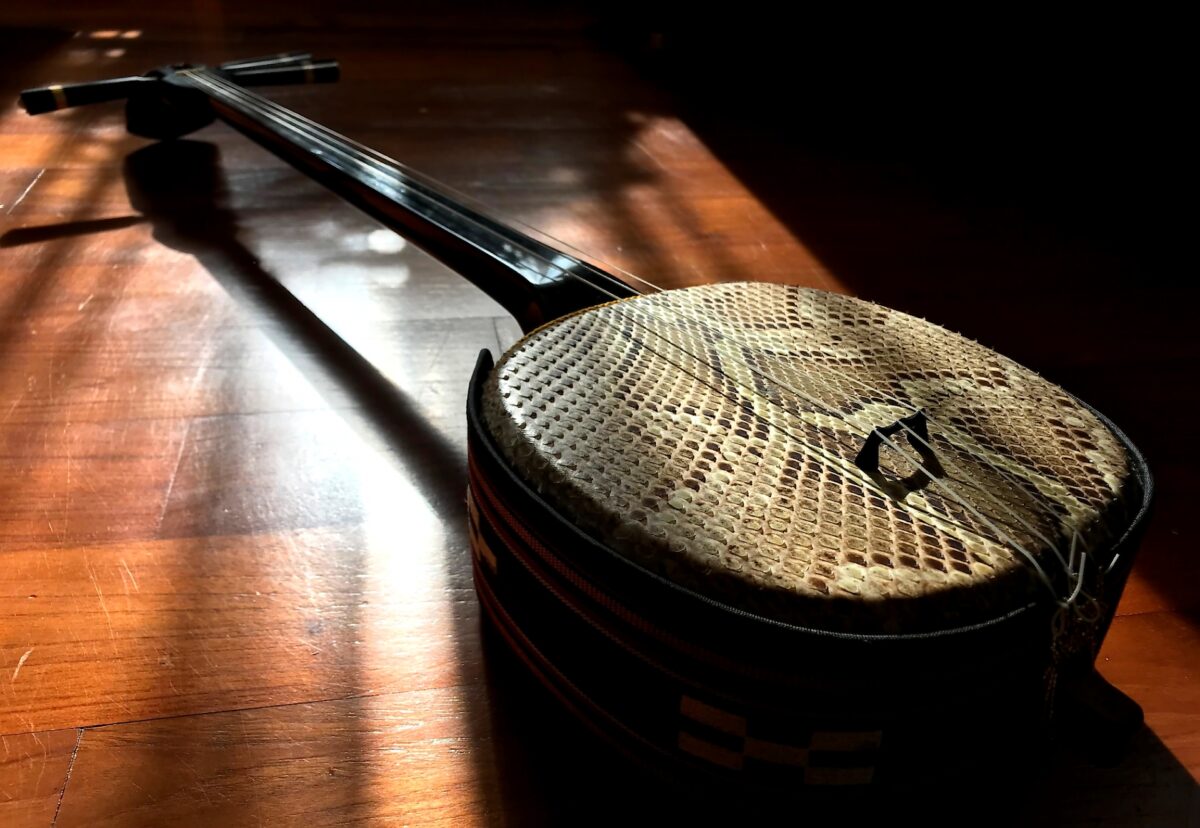
Traveling in Japan
Japan is stretched quite long from north to south and therefore doesn’t only have many different dialects, but it also covers different climate zones. In Hokkaido and Nagano, you can enjoy winter sports between December and May because of its cold climate in the winter, and people travel to Okinawa to indulge in water sports such as diving and snorkeling and to simply enjoy the beach. This is why a vacation to Japan can include many different activities with various focuses such as history, culture, gastronomy, and active sports. No matter what your interests are, you will always find fun things to do in Japan! If you are planning to travel in Japan, why not also book a private tour for a day in one of the cities? A private tour is a great way to really get to know a city through the eyes of a local, and an additional advantage is that you don’t have to try and find your way in an unknown city by yourself. We offer tours in cities like Tokyo, Kyoto, Osaka, Kanazawa, and Hiroshima. Check out our homepage for all the different tours that you can choose from and get some good inspiration for your next trip to or in Japan!
Follow us on Instagram, Facebook and Twitter for more travel inspiration. Or tag us to get featured!
Happy traveling!
Other articles you might be interested in

Stefanie Akkerman moved from the Netherlands to Japan in 2013 with her Japanese husband and son. She jumped into the niche of Dutch tour guiding in Tokyo and Kamakura in 2015 and occasionally writes articles about all the great sights and activities Japan has to offer. She loves (Japanese) food, and to work that all off she goes diving, snorkeling, cycling, or hiking.
This post may contain some affiliate links. When you click through and make a purchase we may receive some commission, at no extra cost to you.
